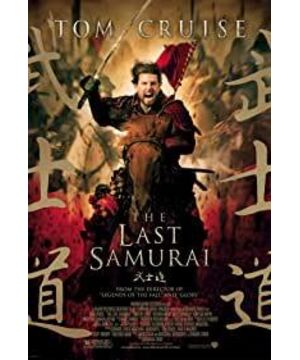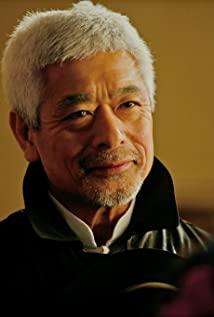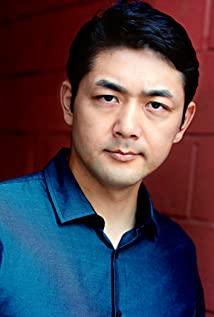The story background of "The Last Samurai" is very similar to China's Westernization Movement, but the result is completely different, because the Taiping Heavenly Kingdom Movement and the Xinyou Coup have changed the trajectory of China's history.
Before the Meiji Restoration, Japan had the foundation of a modern commercial society, while China at that time was essentially a conservative agricultural country.
From 1851 to 1864, the Taiping Heavenly Kingdom Movement swept across half of China, undermining the budding capitalism in southeastern China, and greatly hurting national power. Various modern business elements have been destroyed, and productivity and production relations have seriously regressed. There are so many barbarians, all industries are dying, not to mention political and military reforms, and even the transformation from an agricultural society to a modern commercial society is impossible.
In 1861, Emperor Xianfeng died of illness. Empress Dowager Cixi and Prince Gong Yixin launched a court coup and defeated the eight ministers of Gu Ming. Cixi became an ultra-conservative force. As a representative of the Eight Banners, it was impossible for Cixi to destroy her own life.
In 1868, Emperor Meiji of Japan established a new government, which was fully Westernized from top to bottom. In order to realize the transformation of the country, the Emperor of Japan used tough measures to clean up the internal conservative forces and won.
In short, the failure of the Westernization Movement was due to two reasons:
first, the society and the people were not ready, and
second, the supreme leader took an evil path.
View more about The Last Samurai reviews











